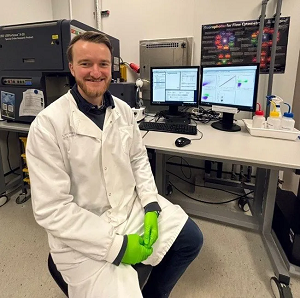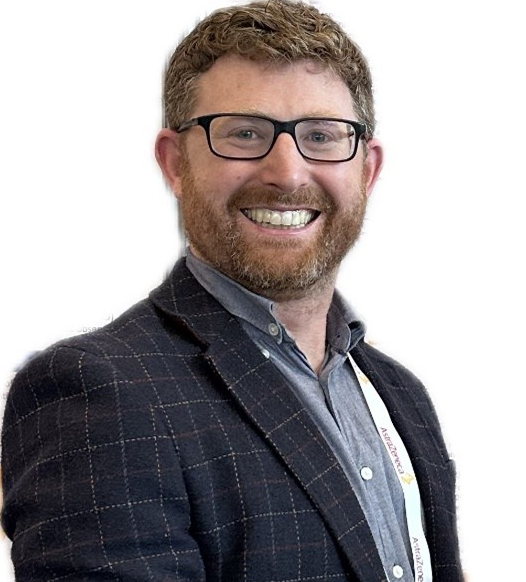Professor Andrew Filer appointed Director of NIHR Birmingham Biomedical Research Centre
The National Institute for Health and Care Research (NIHR) Birmingham Biomedical Research Centre (BRC) has announced the appointment of Professor Andrew Filer as its new Director. Professor Filer takes over from Professor Paul Moss, who has served as Interim Director since June 2024.
Professor Filer is already co-lead of the BRC’s Inflammatory Arthritis research theme and brings a wealth of clinical and translational research experience to the role. His leadership will further guide the BRC in delivering cutting-edge research that transforms patient care across the region and beyond.
Professor Filer said: “I’m honoured to take on the role of Director at such an exciting time for the Birmingham BRC. Our BRC is built on a foundation of collaboration, innovation and clinical excellence. I look forward to working with our partners to ensure our research continues to make a real difference to patients’ lives.”
The NIHR Birmingham BRC is a cross-BHP collaboration, hosted by University Hospitals Birmingham NHS Foundation Trust (UHB) and delivered in partnership with the University of Birmingham and six associate academic and NHS partners across the region. It brings together clinicians, scientists and healthcare professionals to drive translational research improving outcomes for people with inflammatory diseases.
Professor Kiran Patel, Chief Medical Officer at UHB, said: “Professor Filer is passionate about integrating patient-centred approaches and high-quality discovery science to drive innovation. I am delighted he has taken on this role, and I am sure he will provide effective leadership to our incredibly successful NIHR Birmingham BRC.”
Professor Neil Hanley, Pro-Vice-Chancellor and Head of the College of Medicine and Health at the University of Birmingham, added: “I’m really excited by Andrew’s appointment. It really does reflect the strength of clinical research leadership in Birmingham. His vision and energy will be instrumental for the next phase of the BRC’s mission to deliver inclusive impact, health improvement and economic growth.”
Dr Victoria Day, Head of Infrastructure at the Birmingham BRC, commented: “Andrew brings deep knowledge of the NIHR landscape and a long-standing commitment to patient-focused research. His leadership and collaborative approach will be key to driving the Birmingham BRC forward and delivering meaningful health impact.
“I would like to take this opportunity to sincerely thank Professor Paul Moss for his support during his time as Interim Director. His leadership and commitment have contributed to the many achievements we’ve made during this period.”
Professor Andrew Filer is a Professor of Translational Rheumatology in the Department of Inflammation and Ageing at the University of Birmingham. A Fellow of the Royal College of Physicians, he holds a PhD in immunology and is an Honorary Consultant Rheumatologist. He is internationally recognised for his work in early inflammatory arthritis, particularly in developing novel imaging and biopsy techniques to study disease mechanisms and improve diagnosis.
He co-leads the Birmingham Early Arthritis Clinic and has pioneered the use of musculoskeletal ultrasound and ultrasound-guided synovial biopsy in clinical research. His research focuses on Synovial cellular biology, disease stratification, and the development of targeted therapies for rheumatoid arthritis. Professor Filer is a passionate advocate for integrating patient cohorts with high-quality basic science to accelerate translational impact.








